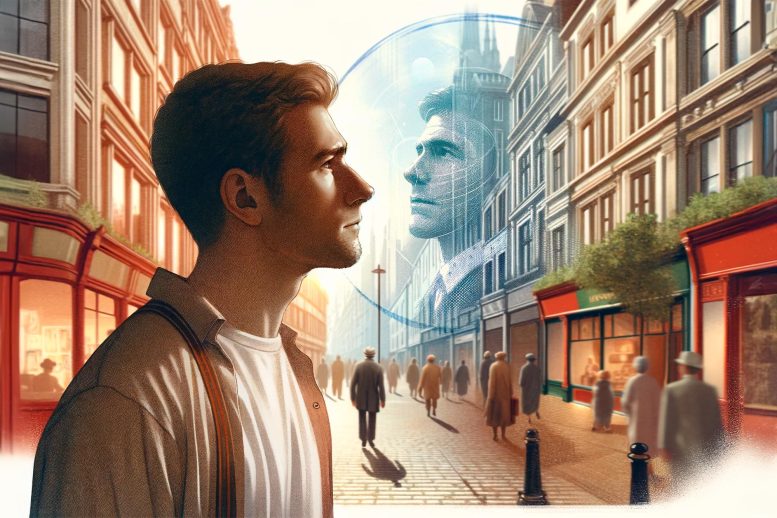Have you ever felt as though you have experienced something new or done anything before? Does it feel like you know what’s going to occur next? That sensation is generally known as deja vu. The saying comes from French, which means “already seen.”
Some people believe that experiencing deja vu could be an indication of a psychic phenomenon. However, your deja vu experiences might have different reasons.
Who mostly experiences Déjà vu?
Almost 60%-70% of people in good health face a few forms of déjà vu during their lives. A familiar sound or sight may trigger the feeling. You can walk into a room in a flat you have never seen yet feel like you know it intimately. It can be challenging to remember particular details about the experience because most déjà vu emotions disappear rapidly.
Most cases of deja vu occur in adults between the ages of 15 and 25. As we become older, we tend to feel less of it. If you travel more than others or daily remember your dreams, you may experience deja vu than others. Someone who is stressed or tired may be prone to déjà vu feelings, too. Most people have the experience during the weekends or evenings.
What Causes Deja Vu?
Memory is kept in the brain’s temporal lobe. This area of the brain helps us recognize well-known experiences. However, science has not yet established a direct link between ordinary deja vu episodes and memories stored in the temporal region. According to some researchers, there is a link between the two.
What experiment says?
One experiment done to explore the theory that connects deja vu to memory involved making virtual reality scenarios based on the sphere of the video game Sims. Many participants of the project ended up having numerous deja vu experiences tied to scenes resembling the similar ones seen previously.
A common belief among a few people is that déjà vu may aid them in predicting a future event. However, the experiment found that people didn’t become more likely to guess the right way. They don’t even come up with more accurate answers while playing out the VR or virtual reality scenarios.
More investigation is being done to try and determine the exact cause of déjà vu experiences in humans.
Medical reasons for Deja vu
Most people face deja vu with no negative health effects. In a few cases, deja vu can be an indication of a neurological disorder. People with epilepsy generally have focal seizures that happen in one part of the brain, sometimes in the temporal lobe, where we collect memories.
These are known as temporal lobe seizures.
Seizures typically involve bursts of uncontrolled electrical activity that cause nerve cells in your mind to misfire. Noticing focal seizures might be challenging because of their brief duration and the fact that most affected people are awake throughout them.
Temporal lobe seizures may create feelings of déjà vu. Symptoms that you can be having temporal lobe seizures vs. a daily deja vu experience are-
- Issues in controlling your muscles
- Unexplained, sudden feelings, like anger or joy
- Twitching in your muscles
- Having touch, taste, smell, hearing, and vision sensations
- The sensation that a seizure is going to occur
How TLS impact your daily lives?
Temporal lobe seizures affect your social interaction skills. The majority of them have a duration of 30 seconds to minutes. You might lose awareness of your surroundings or feel that you have been staring off and sitting in the distance.
While you are having a seizure, someone else might see you smacking your lips or chewing and swallowing nonstop.
After the temporal lobe seizure passes, you can experience confusion. It may be challenging for you to memorize or speak about what happened while having the seizure. A temporal lobe seizure may become a more severe tonic-clonic seizure that causes convulsions and unconsciousness.
Should you consult a healthcare expert about Deja vu?
If you think that your deja vu experiences could be related to temporal seizures or other neurological problems, you should see a doctor for an evaluation
Get help urgently if you-
- Have issues gaining control of your breathing after a seizure
- Stay unconscious after having a seizure
- Have a second seizure after the initial one
- Currently pregnant
- Have other health issues such as blood sugar
- Try to harm yourself during a seizure
If you are experiencing your first seizure, you must consult a healthcare expert.
For more health and technology related updates, visit here












One thought on “All About Deja Vu”